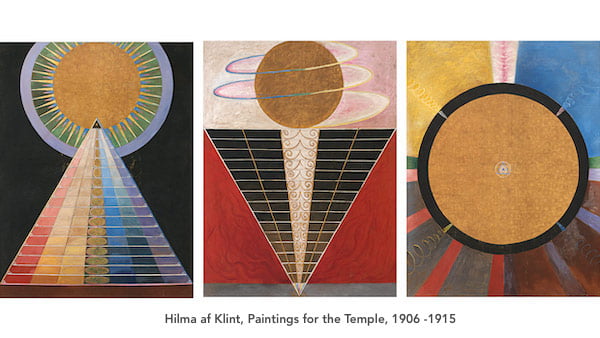Chapter Talk – Fourth Sunday of the Year – January 29, 2022, cycle-A
With paradox there is tension between two seemingly opposing realities. This tension is like a golden thread linking the two, sending divine impulses as one experiences either side of the polarity. What does this have to do with today’s gospel of the Beatitudes (Mt 5:1-12)? Blessedness is promised. Blessedness is promised to everyone. At the center of the gospel way is paradox. To follow the One who said: ‘I am the way, the truth and the life’ is to enter paradox. The cross is the paradigm of the Way, it is the greatest paradox of Christian faith. There is no resurrection, no life, no growth of love without the cross. And this teaching today of Jesus is saying something similar: blessedness emerges from struggle, hardship, including suffering.
Hans Urs von Balthasar sees the beatitudes as a “self-portrait” of Jesus (Light of the Word, p.43). In his words: “Jesus is the one who has become poor for our sake, who weeps over Jerusalem. He is the nonviolent one against whom all the world’s violence rages and is shattered. He is the one who hungers and thirsts for God’s justice, who reveals and accomplishes God’s compassion on earth” (p.43). And so, this sermon given to his disciples, is a ‘self-portrait’ and it includes an invitation to follow him. Blessedness is promised. Are we ready to enter the paradox? To pick up our cross and follow is to enter the paradox of losing life for greater life, life for ourselves and beyond for others. It is to enter the narrow way of the beatitudes where blessedness is promised and given.
Pope Francis studied this reality of polarities and the so-called coincidence of opposites. He wrote: “If it is true that we recognize ourselves in our symbols, our people are a fertile nursery for such recognition. Our people who are faithful to the teaching—the people who baptize their children, who love Mary, who are not ashamed of the cross and who are able to see in it the wood that becomes a staff of shepherding and accompaniment and the tree that bears fruits of eternity” (The Mind of Pope Francis, Massimo Borghesi, p.53). Seeing the cross as yielding fruits of eternity is living into the paradox.
Blessed are we…if indeed we are poor in spirit, if we do hunger for righteousness and peace, if we are put down for the sake of gospel truth…blessed are we if our faith becomes not simply words but living and active…living into the symbols of our faith, living into the reality that these symbols embody.
Finally, I did not speak of Paul’s epistle to the Corinthians (1Co 1:26-31). It parallels the gospel. Listen to these opposites: God chose the foolish over the wise, the weak over the strong, the lowly over those who are something. In God’s eyes the foolish are wise, the weak strong, the lowly who are something. Indeed, God’s ways are above our ways, God’s thoughts above our thoughts (Is 55:9). Blessed are we if we allow God to create us anew…new in understanding, new in heart, new in apprehending the gospel way, new in faith, new in embracing the gospel paradoxes.
We have One who goes before us and is ever ready to teach us, to guide us, to show us mercy and compassion, to reveal the unconditional love that binds him to his Abba. He says even now: “Come to me you who labor and are burdened, and I will give you rest. Shoulder my yoke and learn from me, for I am gentle and humble of heart, and you will find rest for your souls. Yes, my yoke is easy and my burden light” (Mt 11:28-30). The yoke of the gospel is easy and its burden light if we go to Jesus, for ‘from his fullness, we have all received (and are receiving) grace upon grace’ (Jn1:17).
Sr. Kathy DeVico, Abbess


